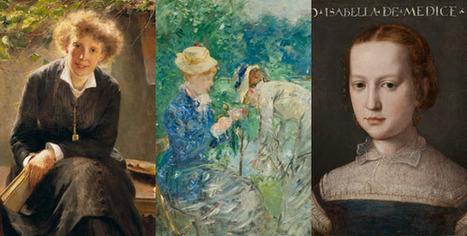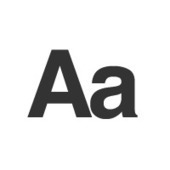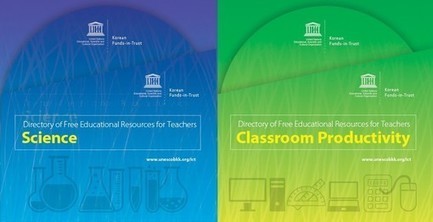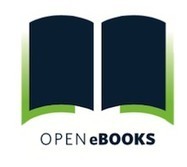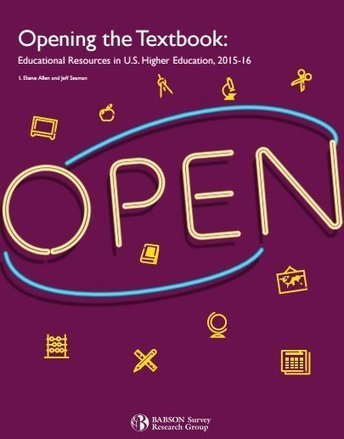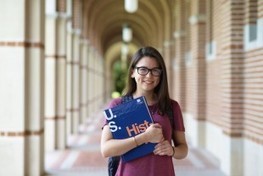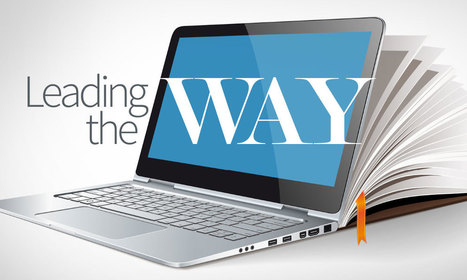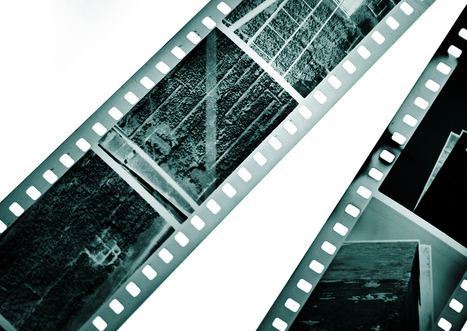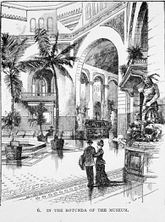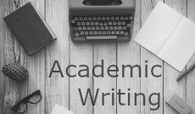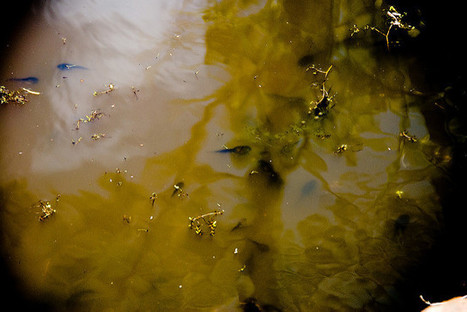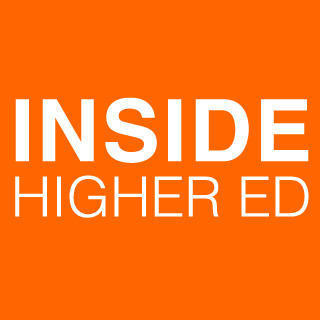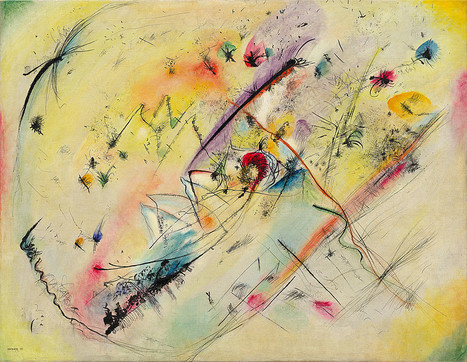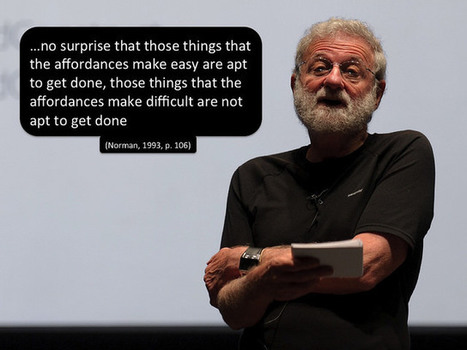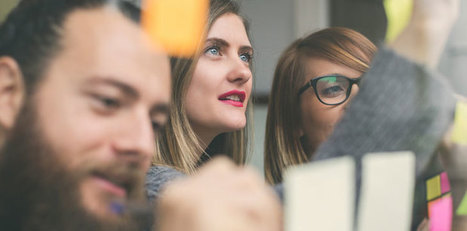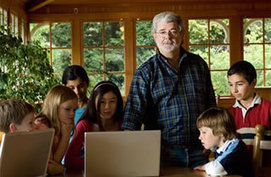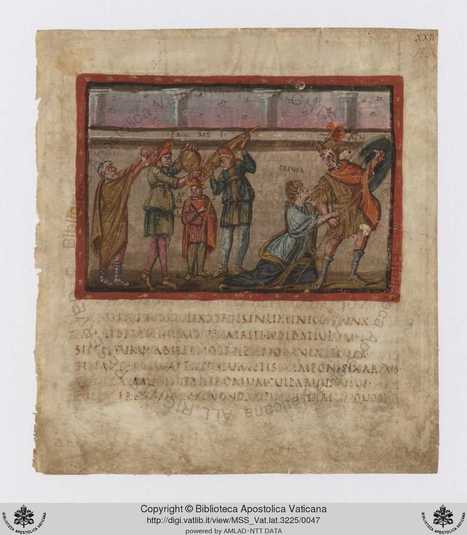 Your new post is loading...
 Your new post is loading...
While the Nationalmuseum building is under renovation, only a small part of the collections is accessible to the public. To provide more opportunity for people to enjoy its artworks, the museum embarked last year on a joint project with Wikimedia Sweden. As a result, high-resolution images of some 3,000 paintings from the collections are now available for download on Wikimedia Commons as public domain. This means they are part of our shared cultural heritage and can be freely used for any purpose. The images are also now zoomable, but not currently downloadable, in Nationalmuseum’s online database.
I just got back from Berlin where I gave a keynote at OpenSym. OpenSym is a community of academics in open source, open data, and open education. My talk examined why open source has been so successful but open educational resource library (OER) usage at the K-12 has stalled over the last decade that it has existed. What can the OER community learn from the success of open source? Are there best practices that can be followed by OER libraries that can greater trust and hence usage from both educators and content publishers?
We believe that OER libraries can learn from some of the underlying principles behind these practices to start to drive greater adoption and more trust among both educator users and content contributors.
“Directory of Free Educational Resources for Teachers: Classroom Productivity” is a collection of free quality software which is ready to be installed directly onto your computer. It includes a collated set of freely available productivity tools, such as content authoring software, mind-mapping software, graphic editors, office suite among many others.
Via Nik Peachey, Elizabeth E Charles
Open eBooks is a partnership between Digital Public Library of America, The New York Public Library, and First Book, with content support from digital books distributor Baker & Taylor. This effort is made possible by generous commitments of publishers with funding support provided in part by the Institute of Museum and Library Services and the Alfred P. Sloan Foundation, and is part of the White House ConnectED Initiative.

|
Scooped by
Elizabeth E Charles
August 21, 2016 8:49 AM
|
It is in the interest for companies to create an industry wide standard of ethics, and label their products simply because it increases trust in their products.

|
Scooped by
Elizabeth E Charles
August 9, 2016 4:28 AM
|
Open access (OA) means making research publications freely available so anyone can benefit from reading and using research.
Open access can be more than making research available to read, but also allowing others to re-use that research. For example, allowing the content to be analysed using text mining1 or reused for commercial purposes. Research data is also increasingly made available openly.
Opening the Textbook: Open Education Resources in U.S. Higher Education, 2015-16

|
Scooped by
Elizabeth E Charles
August 1, 2016 4:30 PM
|
Rice University-based publisher OpenStax announced Aug. 1 the top 10 schools that have saved their students the most money through adoption of OpenStax free college textbooks in the 2015-16 academic school year.

|
Scooped by
Elizabeth E Charles
July 23, 2016 3:33 PM
|
OERs hold great potential, and community colleges are at the forefront of large-scale adoption.

|
Scooped by
Elizabeth E Charles
July 21, 2016 3:44 PM
|

|
Rescooped by
Elizabeth E Charles
from Box of delight
July 18, 2016 4:11 PM
|
Features, commercials, art pieces, stock footage, home movies, propaganda: the history of cinema so far has produced countless individual forms, all of which also count as documentaries.
Access the official records of the Smithsonian Institution and learn about its history, key events, people, and research.
Via Ana Cristina Pratas

|
Scooped by
Elizabeth E Charles
July 6, 2016 5:18 PM
|
Academics generally recognise that the scholarly publishing business model is flawed, the impact factor does not point to quality, and open access is a good idea. And yet, academics continue to sub…
|

|
Scooped by
Elizabeth E Charles
September 9, 2016 8:04 AM
|
Like their subscription-based counterparts, Open Access articles’ metadata is essential to measuring its impact in the academic world.
Open Access (or OA) is a result of the digital publishing revolution. When print was augmented or replaced with interconnected digital documents, scholars, researchers, and librarians naturally turned increasingly to the open and ostensibly free Web.

|
Scooped by
Elizabeth E Charles
September 7, 2016 2:39 PM
|
The Primordial soup of OER…
One of the things I’ve become increasingly interested in is how the OER discipline emerges. Having lived through it, you get to see the field evolve. I’m not sure it counts as a field, subject, discipline, or whatever. Is it part of a new open education discipline? Is there a unifying field at all? These are general questions I have, but one I was also interested in, was what themes have emerged in research over the years?

|
Scooped by
Elizabeth E Charles
August 30, 2016 7:32 PM
|
Does it seem like a lot is going on all of a sudden, or am I just old and out of touch? (Don’t answer that.)
I noted with loud applause the launch of SocArXiv just in the nick of time. SSRN had been a for-profit but pretty useful place to store papers in the social sciences, but it was fairly old-school; since it didn’t have the resources to make renovations, it teamed up with Elsevier and that makes it no longer useful for those who think making research findings public should be in the public interest, not in shareholders’ interest. While SocArXiv builds out its infrastructure, it’s got a place where you can put your research and good reasons why you should.

|
Scooped by
Elizabeth E Charles
August 29, 2016 10:10 AM
|
If you were to ask me in my callow years as a young art student to name my favorite painter, I would have answered without a moment’s hesitation: Wassily Kandinsky. His theoretical bent, his mysticism, his seemingly near total creative independence….

|
Scooped by
Elizabeth E Charles
August 16, 2016 3:10 PM
|
Working towards global open access, in partnership with information professionals and researchers, we enable the UK's academic research community to realise the rewards of open access.
Due to a combination of personal and institutional flaws (the information systems and enterprise processes within Universities continue to be "interesting") that last month or so has been pretty horrendous from a work perspective. Only now starting to get some space to reflect on what's been happening and engage more students and research. My apologies…

|
Scooped by
Elizabeth E Charles
August 2, 2016 11:55 AM
|
@BDLSS explores Arch. G b.6, a recently digitized 15th-century copy of Pliny the Elder's Natural History

|
Scooped by
Elizabeth E Charles
July 31, 2016 11:19 AM
|
Within the research sector it is now widely recognised that open data is a good thing and beneficial to research and its subsequent impacts and uses. It improves the integrity of research by making it more transparent, open to scrutiny and therefore trustworthy, while supporting reuse, new advances, and contributing to economic growth.

|
Scooped by
Elizabeth E Charles
July 23, 2016 3:11 PM
|
Uncertainty over Britain’s future role in European science makes boundary-challenging initiatives like ESOF and Falling Walls more important than ever.
Open Education Resources
Explore the world of free digital materials available through open licenses, and celebrate the four Rs: reuse, redistribute, revise, remix.

|
Scooped by
Elizabeth E Charles
July 9, 2016 3:09 PM
|
Virgil wrote his classic poem, “The Aeneid,” more than 2,000 years ago. Thanks to the Vatican, you can now read one of the the world’s oldest versions of the ancient Latin text online.

|
Scooped by
Elizabeth E Charles
July 6, 2016 5:19 PM
|
Scientists funded by the Wellcome Trust will be able to publish their findings ahead of peer review on a new digital platform from this autumn
|




 Your new post is loading...
Your new post is loading...
